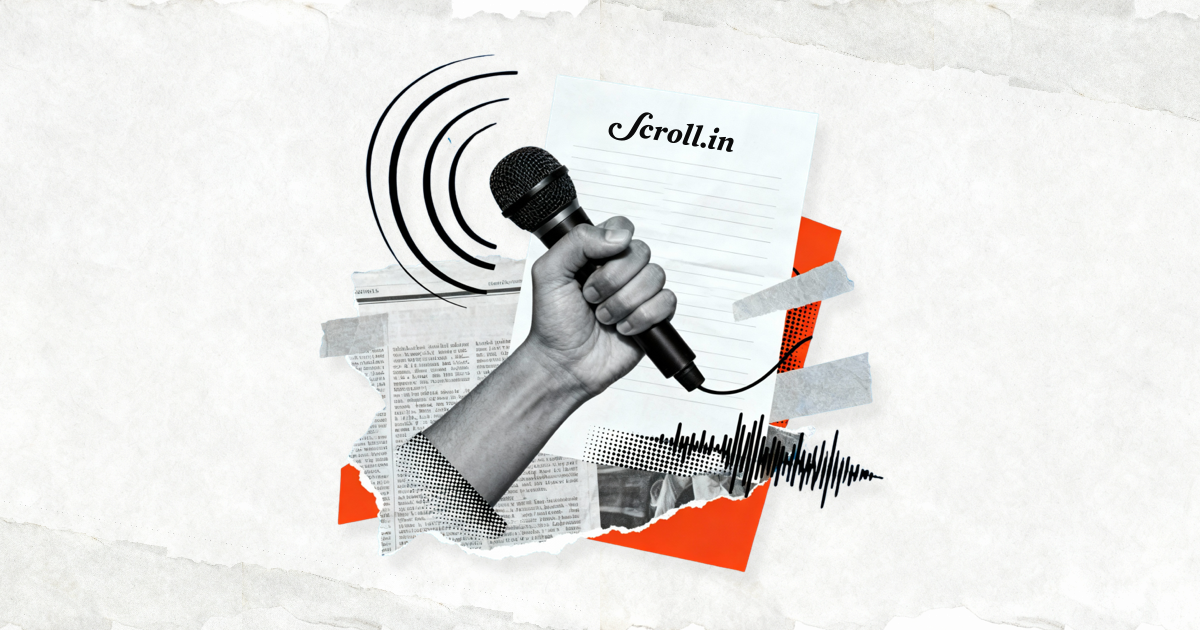Dear Reader,
As India's democracy faces its most profound tests, Scroll’s op-ed space remains a platform for bold and unflinching analysis. Recent essays by our contributors confront the growing consolidation of power, the erosion of rights and the moral questions that demand urgent reflection.
Faith on Trial: Temples, Mosques, Courts, and the Judgements of History by Harsh Mander
In a time when courtrooms have become arenas for communal disputes, Mander's essay traces the role of the judiciary in shaping India’s moral and historical legacy. With temple-mosque conflicts becoming proxy battles for majoritarian dominance, this piece asks: Will justice bow to power, or can courts still defend the idea of a plural India?
The Crime of Identity: Are Indian Muslims Being Criminalised Simply for Being Muslim? by Ghazala Jamil
From wearing a skullcap to speaking Urdu, ordinary markers of Muslim identity are being cast as signs of criminality. This essay dissects the BJP government's playbook of "status crimes", where merely existing as a Muslim becomes grounds for suspicion. It highlights how laws like UAPA and encounters with police are used to criminalise Muslim existence itself. As the state normalises collective punishment for communities, this piece is a vital reminder of the costs of silence.
Recasting the State: 'The Sabarmati Report' and the Future of Sarkari Cinema by Nandini Ramnath
What happens when filmmakers adopt the language of the state? The essay examines The Sabarmati Report, a new Hindi film set in the aftermath of the 2002 Gujarat riots. But unlike films that challenge state power, this one reinforces it. By shifting focus from the victims to the "burdened conscience" of police officers, the film echoes a broader trend in Indian cinema: a reimagining of state actors as misunderstood heroes. This essay calls attention to how state-sponsored narratives are seeping into popular culture, shaping public memory and normalising impunity.
Under Prime Minister Narendra Modi, democratic institutions face relentless pressure to serve the state’s political agenda. The independence of courts is under strain, dissent is criminalised and even art and cinema are being co-opted to project a sanitised version of state power. Our contributors do not offer easy answers – they pose the difficult questions that must be asked if India is to remain a democracy in spirit, not just in name.
Allow us to continue platforming critical ideas. Become a Scroll member today at 40% off.
Regards,
Team Scroll

























Write a comment ...